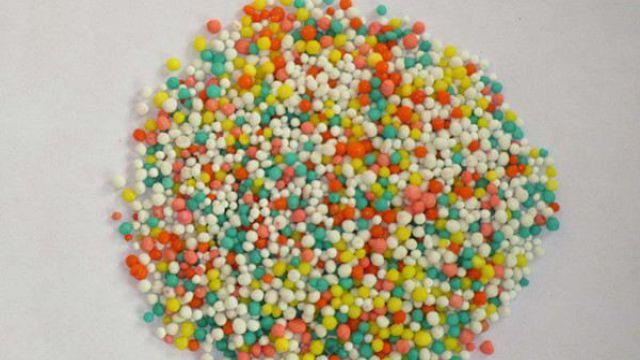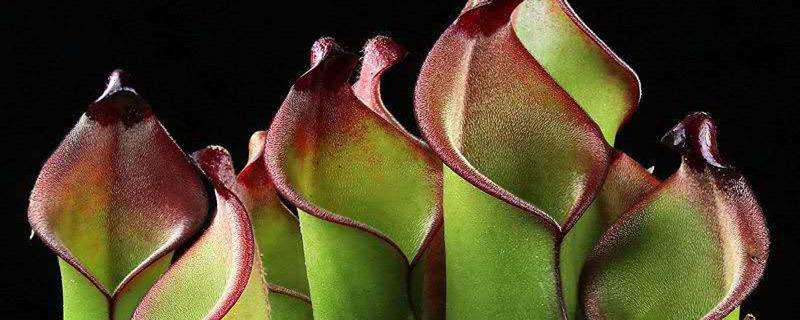The role of nitrogen, phosphorus and potassium fertilizers
Last Update :2024.10.28
Article Catalog
Nitrogen fertilizer: Nitrogen fertilizer can be divided into animal and plant nitrogen fertilizers, which can promote the luxuriance of trees and supplement nutrients for plant growth; Phosphate fertilizer: bone meal, rice bran, and poultry manure are organic fertilizers containing more phosphorus, which can promote the formation and flowering of flower buds. , Early ripening of fruits; Potassium fertilizer: Plant ash is an organic potassium fertilizer, which can promote strong stems and improve plant resistance to diseases, insects, drought and lodging.

Nitrogen fertilizer
Nitrogen fertilizer
Types of nitrogen fertilizer
Nitrogen fertilizer can be divided into animal nitrogen fertilizer and plant nitrogen fertilizer. Animal nitrogen fertilizers such as human excrement, horse, cattle, sheep and pig manure, fish fertilizer, horseshoe, etc.; plant nitrogen fertilizers such as bean cake, rapeseed cake, cottonseed cake, sesame residue, etc., both of which are organic fertilizers; inorganic fertilizers such as Urea, ammonia, ammonium nitrate, ammonium sulfate, etc. are all quick-acting nitrogen fertilizers and are generally used as top dressing. However, regular use can easily cause soil compaction.
The role of nitrogen fertilizer
Nitrogen fertilizer can promote the growth of trees, increase chlorophyll, and supplement nutrients for plant growth. Too much nitrogen fertilizer will cause soft plant tissue, elongated stems and leaves, which will be susceptible to pests and diseases, and reduce the plant's cold tolerance; too little nitrogen fertilizer will make the plant short, with yellow-green leaves, slow growth, and inability to bloom.

Phosphate Fertilizer
Types of Phosphate Fertilizer
h3>
Bone meal, rice bran, fish scales, and poultry manure are organic fertilizers containing more phosphorus, while calcium phosphate, phosphate rock powder, and calcium-magnesium phosphate fertilizers are inorganic phosphate fertilizers.
Effects of Phosphate Fertilizer
Phosphate fertilizer can make plant stems and branches tough, promote flower bud formation and flowering, early ripening of fruits, and improve the plant's cold and drought resistance. When plants lack phosphorus fertilizer, they grow slowly, have small leaves, small flowers and fruits, and the fruits mature late.

Potassium Fertilizer
Types of Potassium Fertilizer
h3>
Plant ash is a type of organic potassium fertilizer that can be used as base fertilizer and top dressing; both potassium nitrate and potassium dihydrogen phosphate can be used for foliar spraying of potted plants.
The role of potassium fertilizer
Potassium fertilizer can make the stems of plants strong, improve the plant's resistance to diseases, insects, drought and lodging, develop its root system, and improve the quality of its fruits. Too much potassium fertilizer will shorten the internodes of the plant, cause the plant to become dwarfed, and cause the leaves to turn yellow, and in severe cases will lead to death; when there is a lack of potassium fertilizer, necrotic spots will appear on the leaf edges of the plant, and then scorch and necrosis will occur.

Phosphate fertilizer
Potash fertilizer
- END -
Does arrowroot bloom?

The arrowroot will bloom. Calathea bistriata is mostly maintained as a foliage pla...
Sarracenia cultivation methods and precautions

Temperature: It has poor cold resistance. The suitable temperature for its growth ...